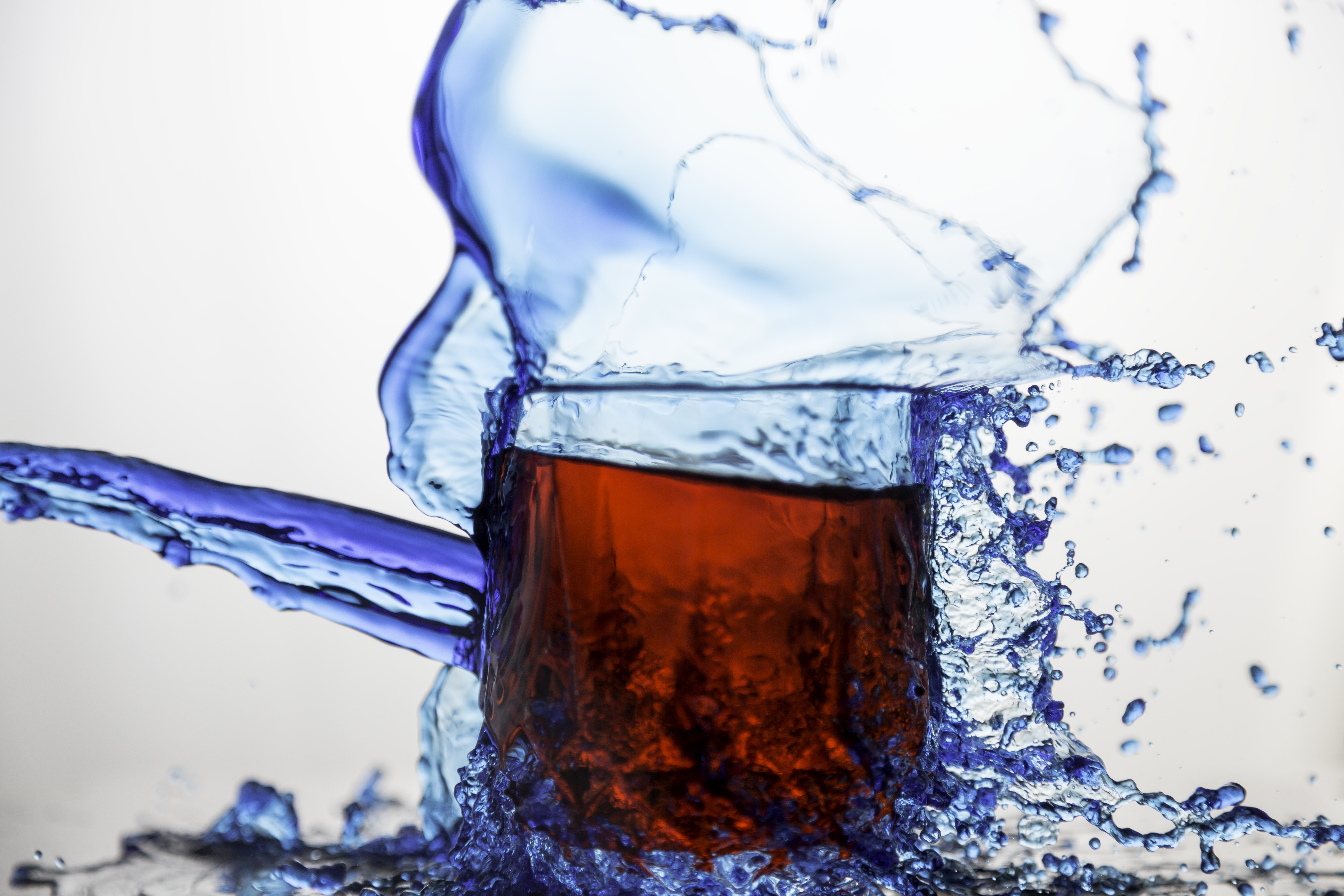Transparency is extremely important to us, so we are letting you know that we may receive a commission on some of links you click on from this page. See our disclaimer.
We have written frequently about diabetes and prediabetes — and the benefits of prevention programs (for example here, here, and here).
A new report in the Journal of Nutrition heightens the connection between a key component of well-run workplace wellness programs, good nutrition, and reducing prediabetes: Reduce consumption of sugar sodas.
In a study titled Sugar-Sweetened Beverage but Not Diet Soda Consumption Is Positively Associated with Progression of Insulin Resistance and Prediabetes, the authors conclude that “regular SSB (sugar-sweetened beverages) intake, but not diet soda intake, is associated with a greater increase in insulin resistance and a higher risk of developing prediabetes in a group of middle-aged adults.”
The authors write that “the objective of the present study was to test the hypothesis that the consumption of sugar-sweetened beverages (SSBs), rather than diet soda, is associated with long-term progression of insulin resistance and the development of prediabetes.”
Co-author Nicola McKeown, PhD of Tufts told MedPage Today: “While previous observational studies focused on the association between SSB and type 2 diabetes, our study focused on prediabetes, our study found that people who drank more SSBs were at higher risk of developing prediabetes compared to those who drank little or none.”
The post continues: “In light of the study results, McKeown suggested physicians may wish to consider sharing American Diabetes Association guidance with patients who may be at risk in order to encourage behavioral changes. (The American Association of Clinical Endocrinologists has a similar guideline for clinicians.)”
“‘If a patient has high-fasting glucose and drinks a lot of sugary beverages, sharing with them the ADA recommendations on ‘What I Can Drink' may help to initiate dietary modifications,' McKeown said. ‘This is a simple dietary modification that could be of substantial health benefit to people who consume sugary drinks daily and who are at increased risk of diabetes.'”




0 Comments